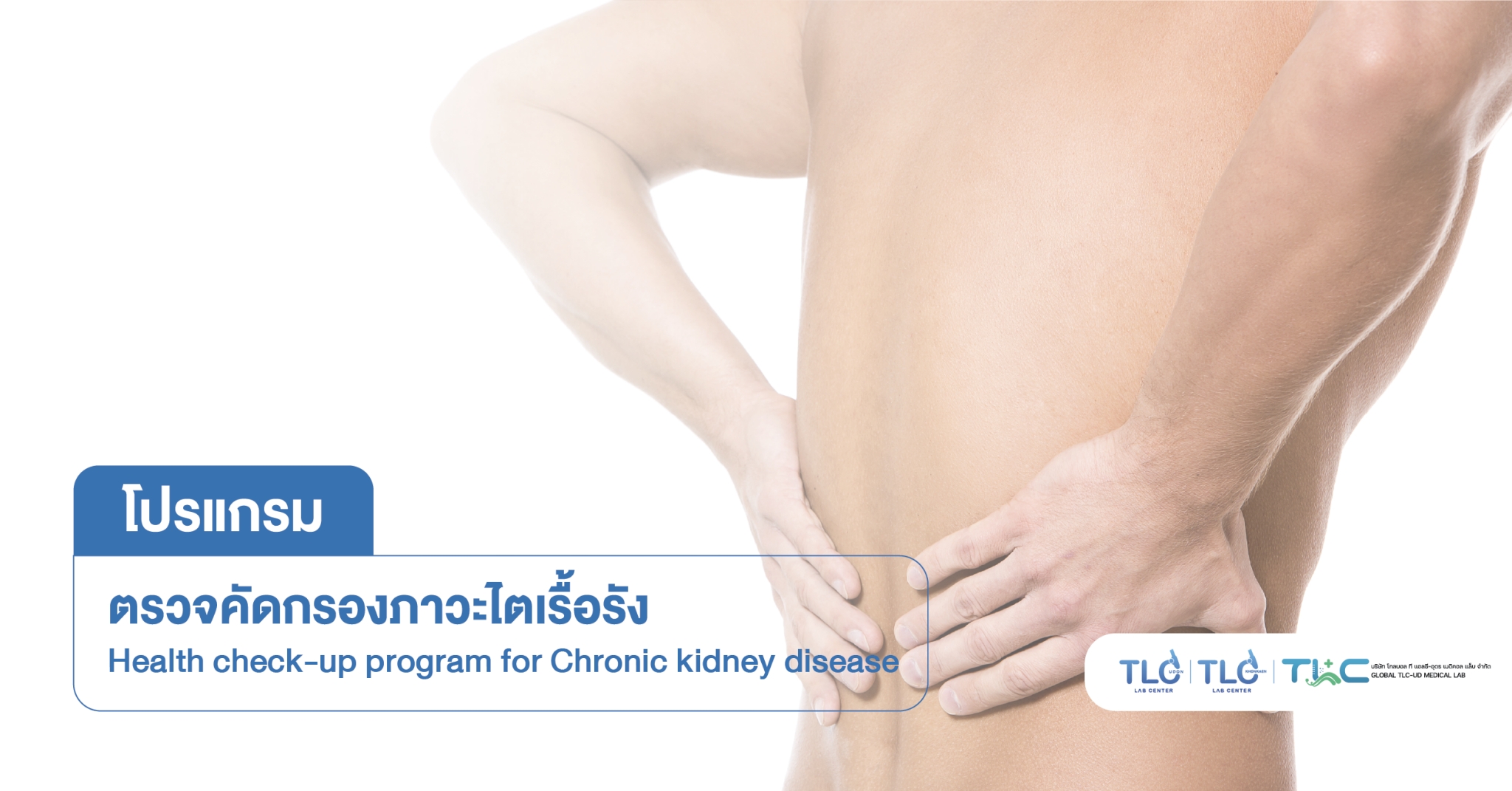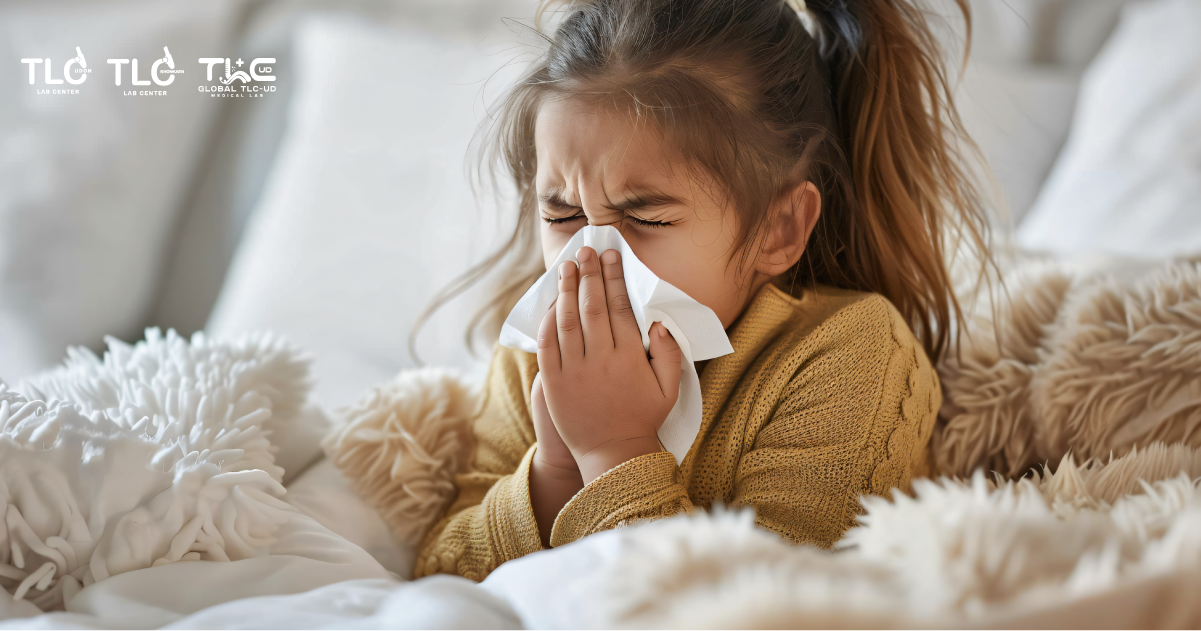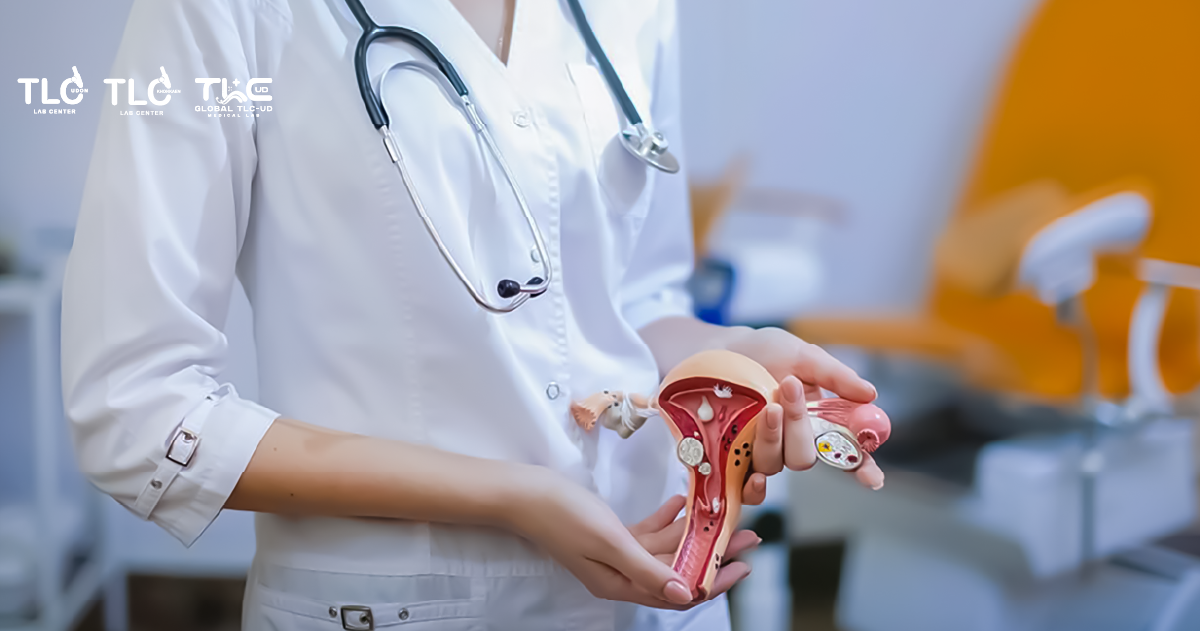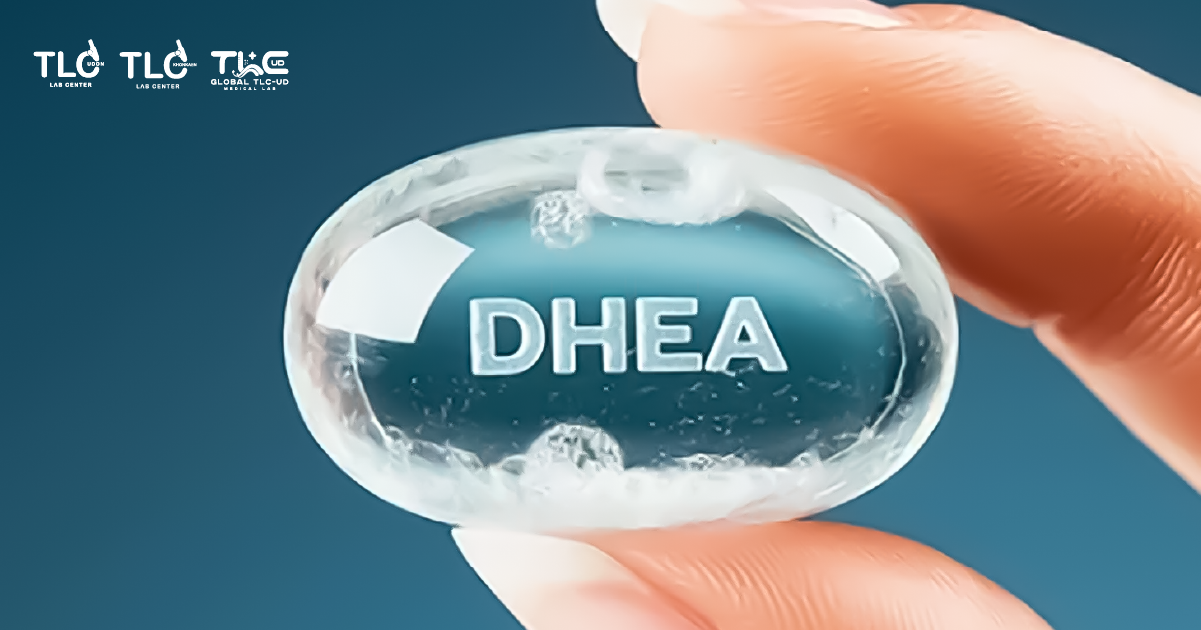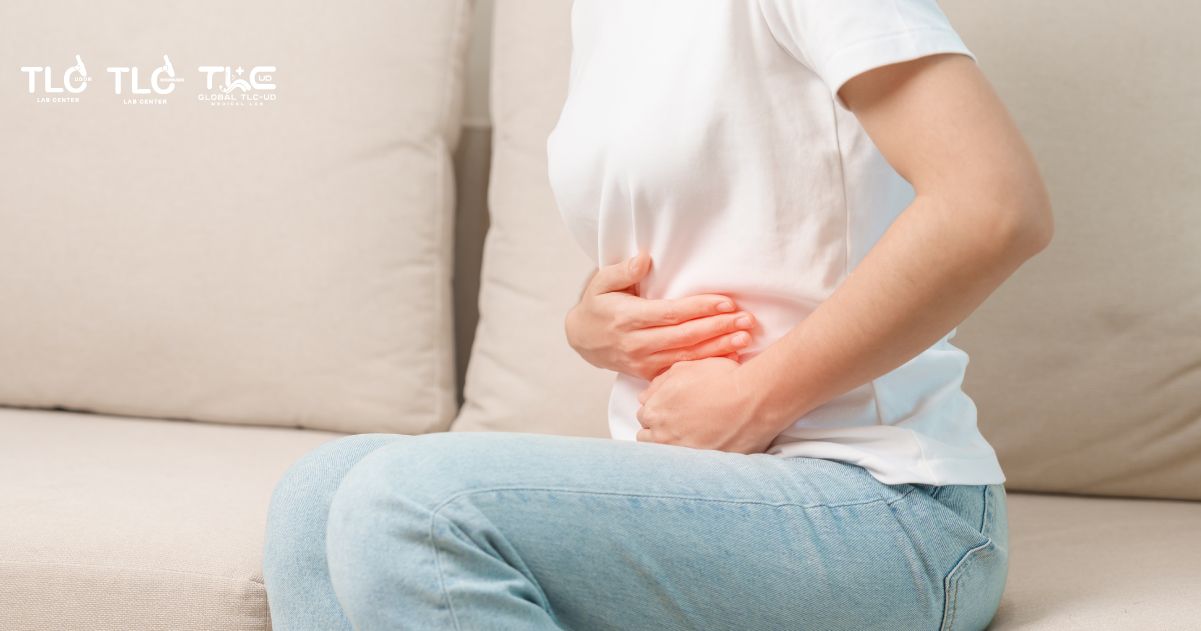What Causes it? Who is at Risk?
The kidney is a vital organ in our bodies, shaped like two beans, located below the ribcage on both sides. Its functions include:
- Filtering waste out of the body
- Regulating the balance of water, salt, acids, and bases in the body
- Producing hormones that aid in red blood cell production and vitamin D synthesis
- Eliminating toxins and drugs from the body
Therefore, taking care of the kidneys is essential for everyone to ensure they function properly. If the kidneys are damaged or unable to function normally, it can lead to various health issues. Common kidney diseases include kidney failure, kidney inflammation, glomerulonephritis, and kidney stones.
What is kidney disease?
Kidney disease is a condition where the kidneys work poorly or abnormally due to their primary functions being compromised, which include waste elimination, toxin secretion, hormone production, and fluid balance regulation. Therefore, kidney disease affects various systems in the body, leading to health complications.
Chronic kidney disease is a condition in which kidney function has decreased, by looking at the glomerular filtration rate that is abnormal, or if the kidneys have an abnormal condition over more than three months.

Causes of kidney failure:
- Loss of too much blood or water in the body.
- Diabetes, gout.
- High blood pressure.
- Severe allergic reactions.
- Side effects from drug use.
- Exposure to toxins.
Stages of Kidney Disease :
- Stage 1 : Kidney disease with a glomerular filtration rate (GFR) > 90.
- Stage 2 : Early evaluation stage where kidney function starts declining, GFR 60-90.
- Stage 3 : Kidney function moderately decreases, requiring increased monitoring due to potential complications, GFR 45-59 (3a) or 30-44 (3b).
- Stage 4: Planning for kidney therapy as kidney function drops significantly, GFR < 30.
- End-stage kidney disease : Initiation of kidney replacement therapy as kidney health reaches a critical stage, with GFR < 15.

Symptoms of Kidney Disease:
- Fatigue, weakness, lethargy
- Nausea, vomiting, loss of appetite, altered taste
- Dry, itchy skin
- Swelling, typically starting in the feet and around the eyes
- Abnormal urination frequency, especially nocturia
- Frequent urination
- Muscle cramps

Foods to avoid with kidney disease :
Apart from salty foods, many other food groups should be avoided, including :
- Sodium-rich foods such as MSG Seasoning powder, various sauces, fermented foods such as salted eggs, salted fish, fermented fish, pickled cabbage, seasoned or processed meats such as sausages, Chinese sausages, ham, shredded pork, and salted foods such as instant noodles, porridge and congee sachets.
- Foods high in cholesterol or saturated fats like egg yolks, fish roe, squid, shellfish, pork knuckles, and dishes containing butter or cream such as cakes and pizzas.
- Limit consumption of fatty meats like fatty pork or beef cuts.
- Foods high in phosphorus such as dairy products, offal or organ meats, beans, and dried shrimp.
- Avoid high-potassium fruits and vegetables like cabbage, carrots, asparagus, spinach, bananas, guavas, coconuts, and peaches.
Recommended Diet for Kidney Patients:
- Kidney patients should ensure a balanced diet comprising all three meals and five food groups, including appropriate amounts of protein
- Carbohydrates, minerals/salts, and fats suitable for their kidney condition. Carbohydrates should ideally come from protein-free sources such as vermicelli, for example, but should be eaten in moderation.
- Sodium intake should be limited to 2-3 grams per day, and low-sodium condiments should be avoided to prevent intake of other minerals that may burden the kidneys, such as potassium.
Kidney Health Care :
- Drink enough water.
- Consume a balanced diet and use appropriate supplements.
- Avoid impacts to the kidney area.
- Regular health check-ups.
- Avoid smoking and alcoholic beverages.
- Use medications cautiously.
If you want to assess your kidney health, <<click here for more details>>



